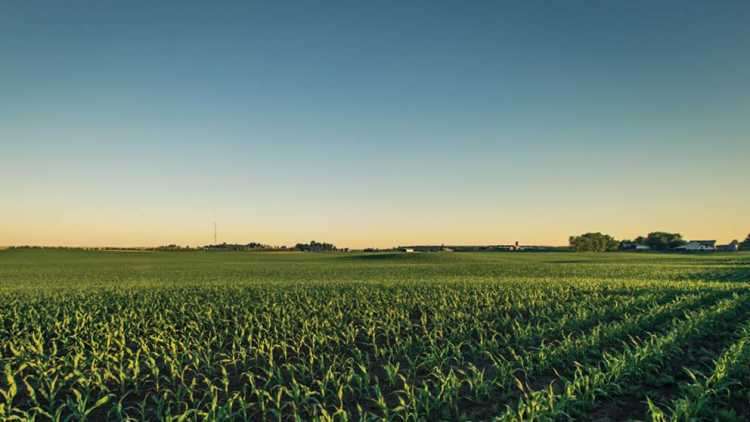Building a win-win relationship with your landlord

Farm size in Canada is growing steadily, with much of the growth from leased land. An estimated 40% of the country’s farmland is rented – 25% of it from a private landlord – so the viability of many farm operations depends on good landlord-tenant relationships.
“Maintaining a good relationship with your landlords isn’t rocket science,” says Mike Strang, a cash crop producer at Exeter, Ont. “Just treat them the way you’d want to be treated if you ever decided to rent out your farm. You could take the attitude that you rent the land legally and can do whatever you like with it no matter what the landlord thinks. But if you do, you’re going to have a short-term rental agreement.”
Have a written agreement
Randy Manikel of Nanaimo, B.C., is a typical example. The retired farmer has been renting his Manitoba farmland since 1998. Having a tenant he trusts to be a good steward of his land is more important to him than getting the highest rent in the neighbourhood.
“We get calls from people all the time wanting to rent our land, but let’s face it, in the past decade or so only a very small percentage of the total return you get from land ownership comes from rent,” Manikel says. “The value of our land has been increasing by 10 to 15 per cent a year. Rent is maybe two per cent. It’s far more important to us that we have a tenant we trust.”
Manikel’s land, like most farmland, was never available on the open market. He selected a local farmer he admired, a pioneer of minimal and no-till in the region and approached him. Since they had a high level of trust in each other, they’ve never had a formal written lease agreement, but Manikel says he would have one if they rented to someone else in the future.
“Having a written agreement is important,” says Melisa Luymes, general manager of Headlands Ag-enviro-solutions. “There are just so many horror stories out there about people who’ve had handshake agreements go wrong. What happens when tragedy strikes, the landlord passes away, and the heir has no relationship with the farmer?”
“People are worried that asking for an agreement shows a lack of trust in the other party. But in reality, it’s the opposite,” Luymes says. “The farmers and landlords I’ve seen with leases have more confidence in each other and confidence to invest in the property.”
Communication key when choosing rate types
Different landlords have different expectations, Strang says. Some want a straight cash rent deal. They only want to see you in the spring and fall when they get their cheque. Others are very interested in how their land is managed.
Cash rent is still king, Strang adds. Some like having a cash base and receiving a bonus after returns reach a pre-determined benchmark. Recently retired farmers might be interested in the tax advantages of keeping some skin in the game and want a sharecrop arrangement. The more complicated the lease arrangement is, the more communication is required to keep it working smoothly.
“We want landlords we can work with over the long- term,” Strang says. “We make a big investment in crop inputs that don’t always pay off for three or four years. We don’t want to worry we’ll lose our lease after three years just because someone comes along and offers them five dollars more an acre.”
Consider hiring a professional
The close relationships that Manikel and Strang advocate are much easier when the landlord knows their tenants and their land and is knowledgeable about agriculture. Manikel thinks some farm landlords might want to hire professionals to manage their rental arrangements.
“My brothers, myself, and our children have all been involved in agriculture and keep our fingers on its pulse,” Manikel says. “But perhaps their surviving spouses or the next generation after them won’t understand the economics of farming or be able to determine what rents should be.”
“The people who benefit the most from (companies like) us are those who have acquired family land but are a generation or more away from the farm,” says Glen Doll, an appraiser with FNC Serecon, a land management company based in Edmonton, Alta.
There are benefits for those still living in the area too, as not everyone is comfortable negotiating with friends and family. It’s easier for them to step away from the decision and let someone else handle it.
“One common scenario we see is where the landowner died early,” Doll says. “The wife inherits the land, and she keeps renting it over again and again for the same amount her husband had. Because that was just the way things were done.”
Doll says a lot of land in Western Canada is being rented at significantly below market value and landlords would benefit from someone else coming in and giving a third-party opinion.
For producers renting land, treating landlords appropriately is important for maintaining a long-term relationship.
From an AgriSuccess article by Lorne McClinton.
